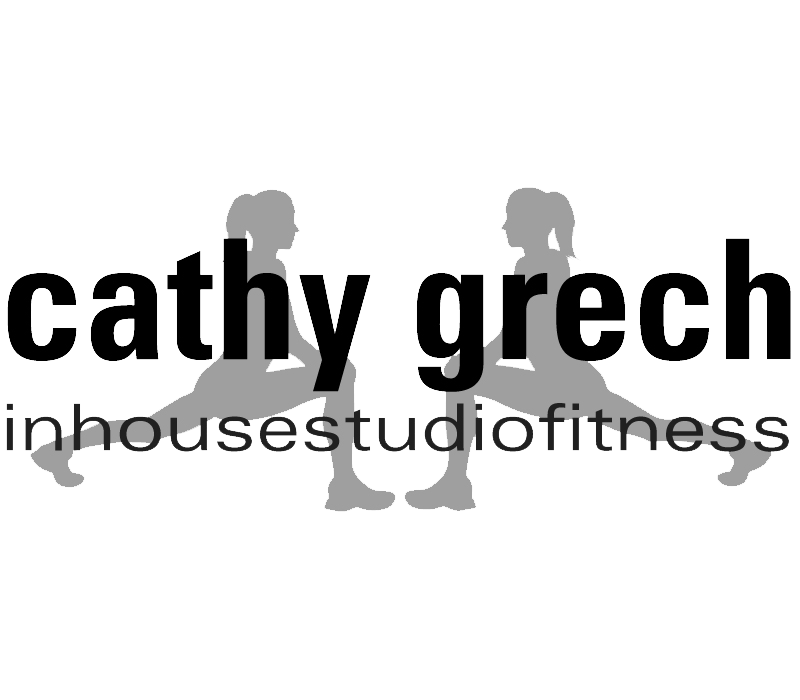The lowdown on Creatine
There’s been quite a bit of chatter about something called creatine lately. Once seen as something only bodybuilders touched, creatine is now having its moment in the spotlight so I thought I would take a look at it and give you the lowdown!
What is Creatine?
Creatine is a naturally occurring compound found in your muscles and your brain. Your body naturally makes some of it from amino acids (these are the building blocks of protein) and you also source it from certain foods, predominantly red meat and seafood. Simply put, creatine helps your muscles produce energy during short bursts of activity.
Why is Creatine a hot topic now?
It’s funny how you’ve never heard of something and then all of a sudden, it seems to be everywhere. Creatine use has been around for a long time but it is gathering momentum now thanks to new research that highlights its benefits for everyone and not just bodybuilders such as:
· Improves strength and power – creatine gives your muscles a bit more fuel, helping you lift heavier or push harder in your workouts which over time can lead to better results.
· Speeds up recovery – it helps replenish energy stores quicker after exercise, which can reduce that lingering muscle fatigue.
· Maintaining muscle mass – as we age, we naturally lose muscle. Creatine can help support muscle maintenance, particularly when paired with strength training.
· Supports brain health – early studies are suggesting it may help with memory, focus and mood.
The research suggests there is a lot to love about creatine!
Who’s using Creatine?
Creatine is not a secret kept by the gym bros! It is being utilised by a diverse range of people who are looking to improve their health and fitness such as:
· Active adults 40+ - used to support efforts to stay strong and energetic while training and improving fitness.
· Women in peri and post menopause – With changes to hormones, muscle and bone health can take a hit and creatine may help maintain lean muscle which becomes even more important as we age.
· Seniors – For older adults, maintaining strength is key to preventing falls and injuries, and creatine can play a role here.
· Everyday exercisers – You don’t need to be training for a marathon; if you’re walking, lifting, swimming, or just staying active, creatine can still support your efforts.
Is Creatine worth taking?
If you’re doing any kind of regular strength or resistance training—whether it's lifting dumbbells, doing Pilates, or bodyweight exercises—then creatine might be worth exploring. You’re likely to benefit if you:
Want to build or preserve muscle – Especially important as we age, since muscle loss can lead to weakness, slower metabolism, and higher injury risk.
Are looking for more energy in your workouts – Creatine helps your body produce quick energy, which can help you push through a few more reps or walk up that hill with a bit more ease.
Value healthy aging – It supports both body and mind as part of a long-term wellness strategy.
How much should you take?
For most people, the sweet spot is 3–5 grams per day, taken consistently.
You don’t need to “load” or take large amounts at first. A small daily dose, taken with or after a meal, works just fine. You can mix the powder into water, smoothies, or even stir it into your morning coffee. It’s tasteless and very easy to add into your routine.
Make sure you check the usage instructions when purchasing and before starting any supplement—including creatine—please check with your doctor or healthcare provider, especially if you have any health conditions or take medication. Everyone’s body is different.
The key is consistency—taking it daily over time is what delivers the best results.
Are there any dangers?
For healthy adults, creatine is a highly researched and safe supplement. That said, here are a few things to keep in mind:
Mild bloating or water retention – Some people feel a little puffier in the first week or two. This usually settles quickly.
Stay hydrated – Creatine draws water into your muscles, so it’s important to drink enough water throughout the day.
Kidney issues – If you have kidney problems or take medication that affects your kidneys, it’s essential to talk to your doctor before starting creatine.
Quality matters – Avoid products with fillers or unnecessary extras. A simple, clean creatine monohydrate is all you need.
Creatine isn’t just for athletes—it’s for anyone who wants to stay strong, age well, and keep feeling great doing the things they love. It works best when paired with consistent movement and strength training.
After the appropriate checks, I am trying creatine out for myself to see how it affects my training and overall health. I’m happy to share my experiences with you if you want to have a chat. But remember, check in with your GP if you are thinking about adding this supplement to your routine and make sure it works in with any current medications or health conditions!
